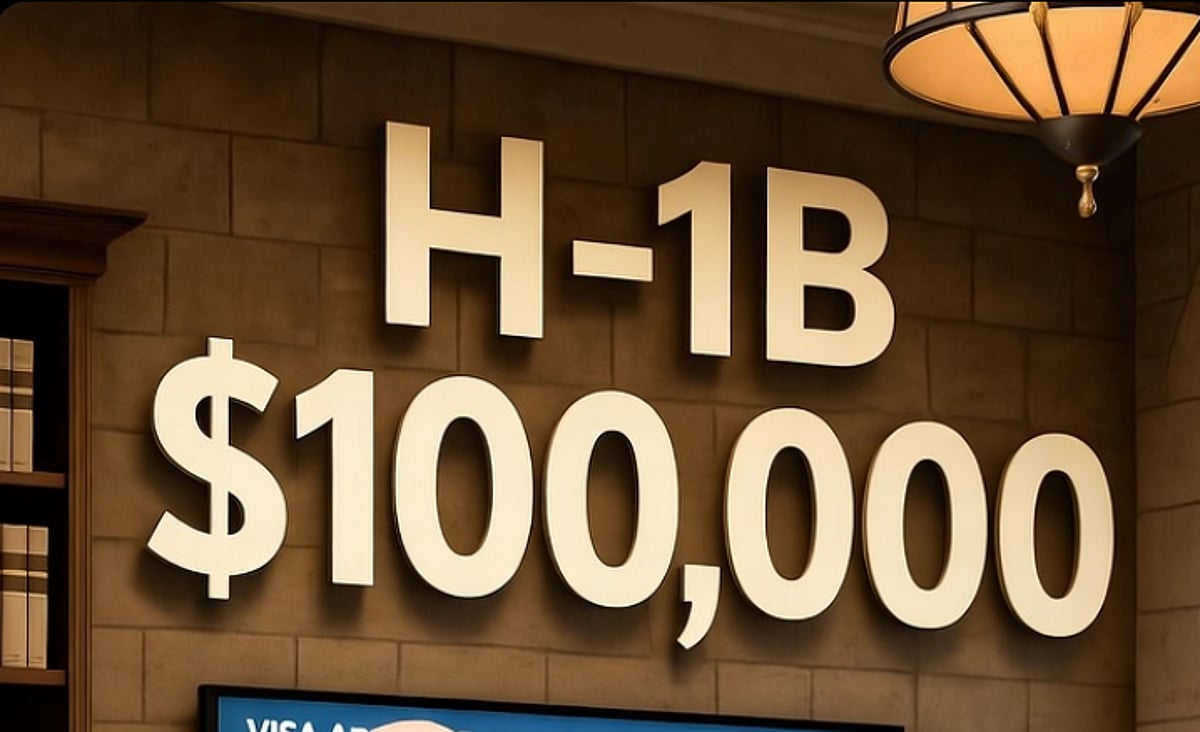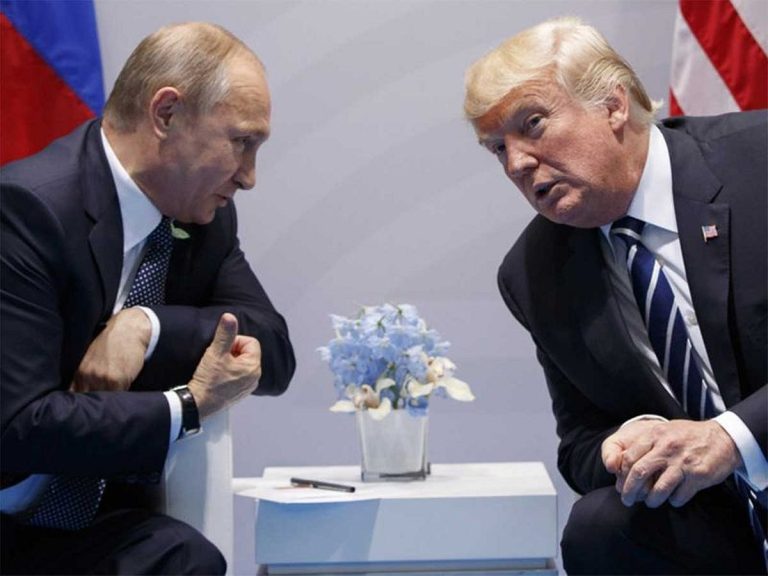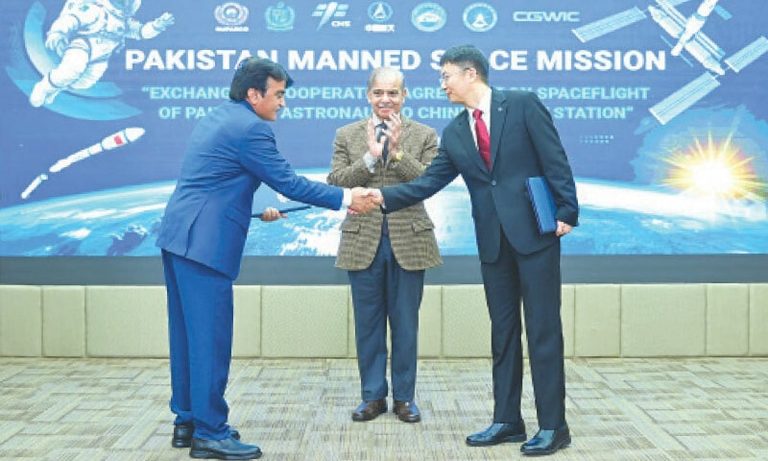US Chamber Challenges $100K H-1B Visa Fee for Employers
The US Chamber of Commerce has initiated a legal challenge against the recently imposed $100,000 fee on H-1B visa petitions. This move, announced on October 16, 2025, aims to safeguard the interests of American employers, particularly small and mid-sized businesses that rely on this visa program to access global talent.
Legal Grounds for the Challenge
The Chamber’s lawsuit contends that the new fee is unlawful, as it contradicts the Immigration and Nationality Act, which governs the H-1B program. Specifically, the act stipulates that visa fees should reflect the actual costs incurred by the government in processing these applications. By imposing a flat fee that significantly exceeds processing costs, the Chamber argues that the administration is overstepping its legal authority.
Impact on Businesses
Neil Bradley, Executive Vice President and Chief Policy Officer at the US Chamber, emphasized the detrimental effects of the fee on American businesses. He stated, “The new $100,000 visa fee will make it cost-prohibitive for US employers, especially start-ups and small and midsize businesses, to utilize the H-1B program.” This program was designed to help businesses of all sizes access the skilled workforce necessary for growth and innovation.
Bradley further highlighted the importance of legal immigration reforms, stating, “With the border secure, we now have a once-in-a-generation opportunity to accomplish targeted legal immigration reforms.” He expressed the Chamber’s readiness to collaborate with Congress and the administration to improve the visa process for skilled workers, aligning with the administration’s goals of attracting and retaining top talent.
Broader Context
This legal challenge occurs within a larger framework of immigration policy discussions. The Chamber has been a vocal advocate for reforms that would facilitate a more efficient visa process, allowing businesses to thrive in a competitive global market. As the economy continues to recover and grow, the need for skilled workers remains critical.
FAQs
What is the H-1B visa program?
The H-1B visa program allows U.S. employers to temporarily employ foreign workers in specialty occupations that require theoretical or technical expertise.
Why is the US Chamber of Commerce opposing the $100,000 fee?
The Chamber believes the fee is excessive and unlawful, as it does not align with the actual costs of processing H-1B visa applications, potentially hindering small and mid-sized businesses from accessing necessary talent.
What are the potential implications of this legal challenge?
If successful, the challenge could lead to the elimination or reduction of the $100,000 fee, making it easier for businesses to hire skilled foreign workers and potentially stimulating economic growth.
Conclusion
The US Chamber of Commerce’s legal challenge against the $100,000 H-1B visa fee underscores significant concerns regarding the impact of this fee on American businesses. As the case unfolds, it may pave the way for essential reforms in the visa process, ensuring that U.S. employers can continue to access the global talent necessary for their growth and success.
The H-1B visa program has long been a focal point in discussions about U.S. immigration policy, particularly regarding its role in addressing labor shortages in specialized fields such as technology, engineering, and healthcare. The program allows employers to hire foreign workers with specialized skills, which is particularly crucial in industries facing talent shortages. As the demand for skilled labor increases, particularly in the wake of technological advancements and economic shifts, the implications of any changes to the H-1B program become increasingly significant.
The legal challenge by the US Chamber of Commerce also reflects broader tensions between regulatory measures and the needs of the business community. Critics of high visa fees argue that such financial barriers disproportionately affect smaller companies that may not have the resources to absorb these costs, potentially stifling innovation and growth. The outcome of this lawsuit could set a precedent for how visa fees are structured in the future, influencing not only the H-1B program but also other employment-based visa categories.
As the case progresses, it will likely attract attention from various stakeholders, including policymakers, business leaders, and immigration advocates, all of whom have a vested interest in the future of the U.S. labor market. The resolution of this challenge may also prompt further discussions about comprehensive immigration reform, which many believe is necessary to create a more streamlined and equitable system for both employers and prospective employees.
Also Read:
UAE and Microsoft Launch AI Skills Training for 100,000 Work







